Between July and August 2014, some Boko Haram commanders wrote two letters to the president of Chad, Idriss Déby Itno, asking him to broker a ceasefire deal with the Nigerian government, TheCable has been informed by senior government officials.
Déby passed the letters to his security agencies to authenticate and give him a feedback in order to determine if they were genuine or fake, the officials told TheCable.
The agencies were said to have rechecked with global intelligence bodies who are familiar with the internal workings of the insurgents.
On confirming that the letters were genuine, Déby set up a meeting with the Nigerian president, Goodluck Jonathan, during the ICT conference in N’Djamena, the Chadian capital.
Advertisement
On September 9, Déby and Jonathan met behind closed doors, where he told the Nigerian president of the development.
Jonathan reportedly told Déby that he was not opposed to any negotiation as he had made it clear in the past that whoever was willing to come forward for dialogue would be received with open arms.
Advertisement
On getting Jonathan’s green light, Déby directed his intelligence chief to put together a team to negotiate with the insurgents.
Jonathan, meanwhile, nominated his principal private secretary, Hassan Tukur, and a top security chief to represent Nigeria.
The discussions and negotiations, according to sources, took place for several weeks in N’Djamena, with several deadlocks over demands by the insurgents that they should not be put on trial for atrocities committed by their fighters.
Over 10,000 people have been officially confirmed killed since the insurgency started five years ago.
Advertisement
“The first demand of the Nigerian government is that all the Chibok schoolgirls should be released,” an official in the know told TheCable.
The insurgents agreed to release the girls in batches, as reported by TheCable, because they are scattered all over West Africa.
They had divided the girls into groups in order to shield them from rescue by the Nigerian security agencies.
The militants demanded that their women and children, who were detained for channelling funds to militants, aiding suicide-bombing, transporting bomb materials and helping to recruit insurgents.
Advertisement
The source said: “The most difficult part of the negotiation was the way forward. They expressed fears that the government may not keep its own part of the bargain as soon as they release the girls. By releasing 70 girls first, they want to watch how the rest of the bargain goes.”
Satisfied with the assurances from the negotiating team, the militants promised to declare a ceasefire and demonstrate this by releasing the girls, whose plight has caught global attention.
Advertisement
The role of Déby is hardly surprising, as he himself is a former rebel leader and a well-decorated military officer.
He led an armed group to overthrow the government of President Hissène Habré in December 1990.
Advertisement
He is the head of the Patriotic Salvation Movement, which won elections in 1996 and 2001.
In 2006, term limits were removed for the president and he won again in 2006 and 2011.
Advertisement
He is a trained pilot and was commander-in-chief of the Chadian army in 1982 under President Habré.
3 comments
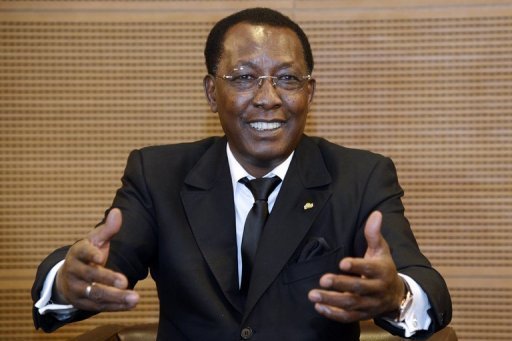
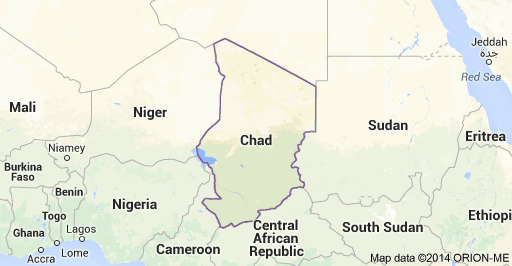

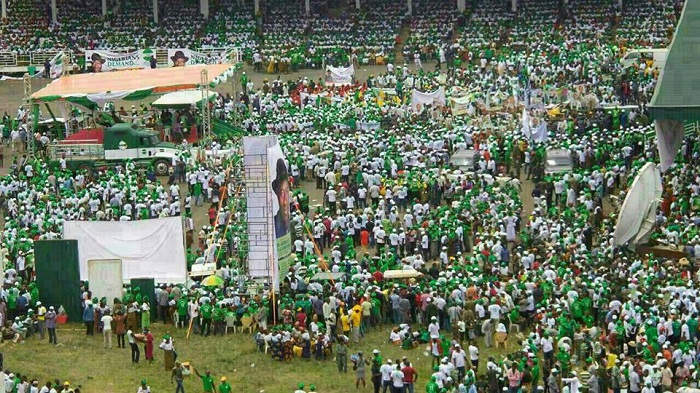

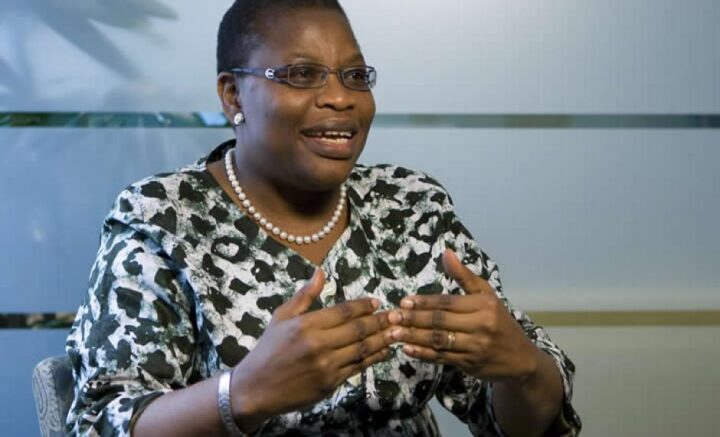
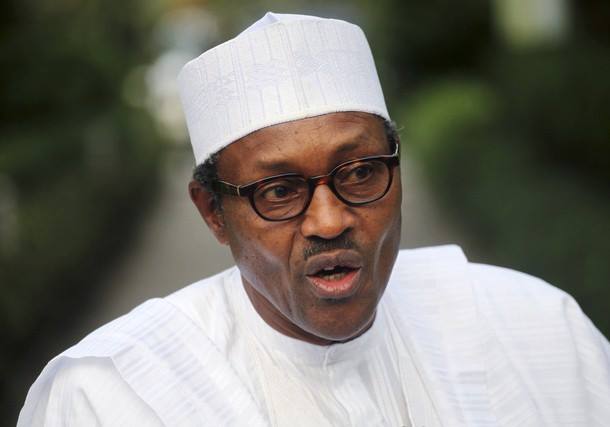
Kudos to the Nigerian government for approaching this issue with an open mind and for keeping it out of public glare till the last moment
Thank God that during the talks, that the APC did not get to know about it, for it could have become a mess
Great job so far TheCable….great news but be careful of the government speaking from every side of their mouth! Election seems to make them particularly desperate.